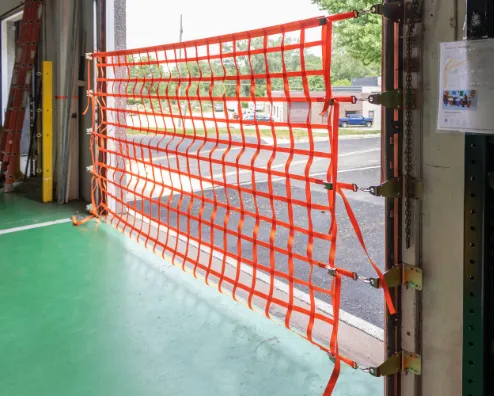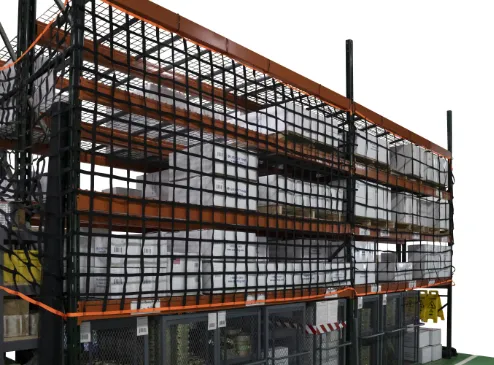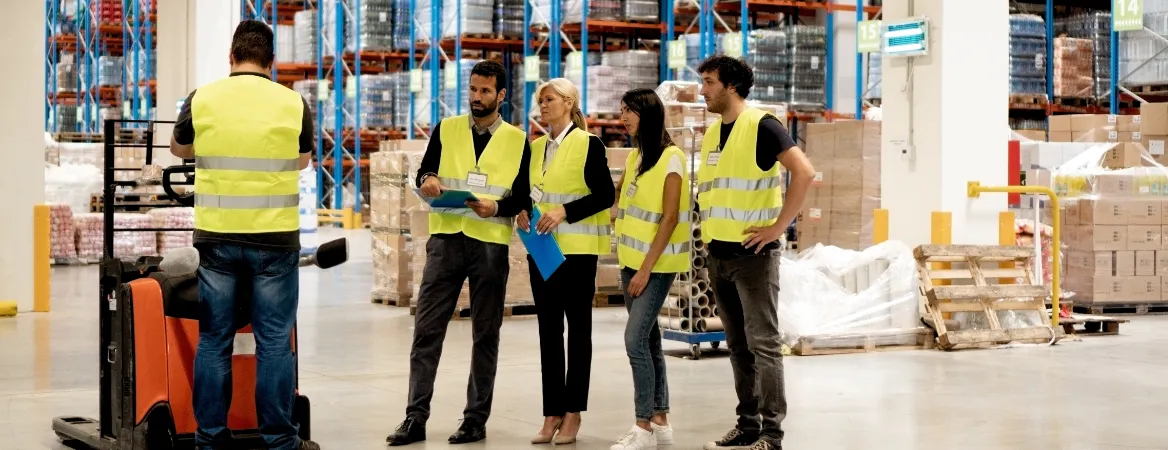5. Machinery Safety
Only trained employees should operate heavy machinery. It takes skill and knowledge to navigate both the equipment and warehouse safely.
For employees who are not operating, a clear forklift route can help them steer clear. This can assure the driver that their coworkers will not walk in their way.
When operating machinery, workers should wear proper protection. This includes but is not limited to goggles, gloves, and hard hats.
Untrained employees should not have easy access to dangerous machinery. Blocking untrained employees from access to machinery will protect all parties involved.
6. Safety Training
Offering opportunities for employees to receive extra safety training is beneficial. This can allow new employees to have proper training on equipment. It is always helpful to have many workers trained in the same area in case of a sick day or vacation.
Also, employees can discuss what they learned from the training. This can allow them to extend the knowledge of the information they did not catch at first.
Workers' training in safety topics they find interesting helps enhance their skills. This can include providing forklift training for deserving employees.
Administered safety training educates workers on what to do in hazardous situations. Training in first aid, accident reporting, and CPR are beneficial to enhancing employee knowledge.










